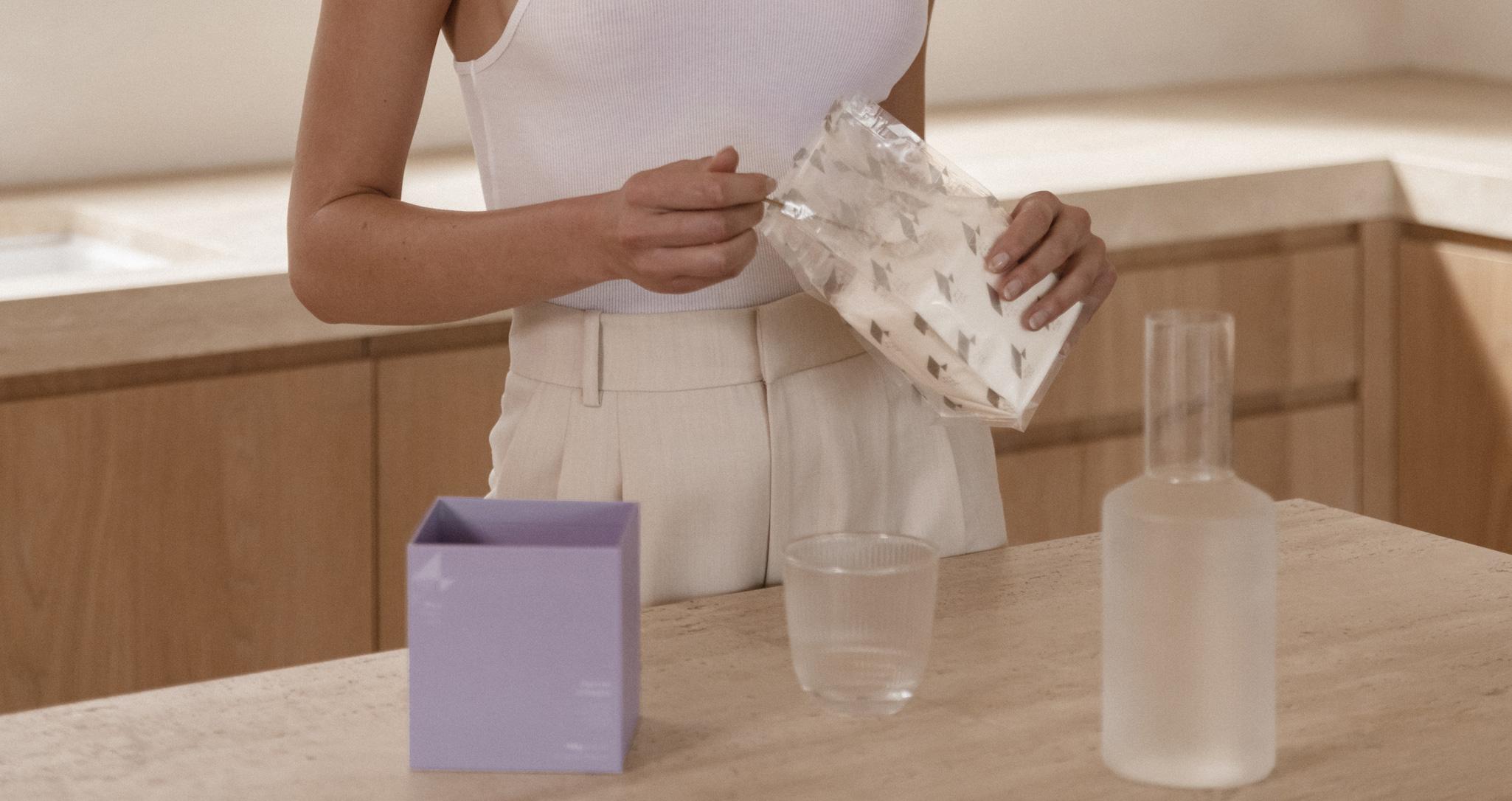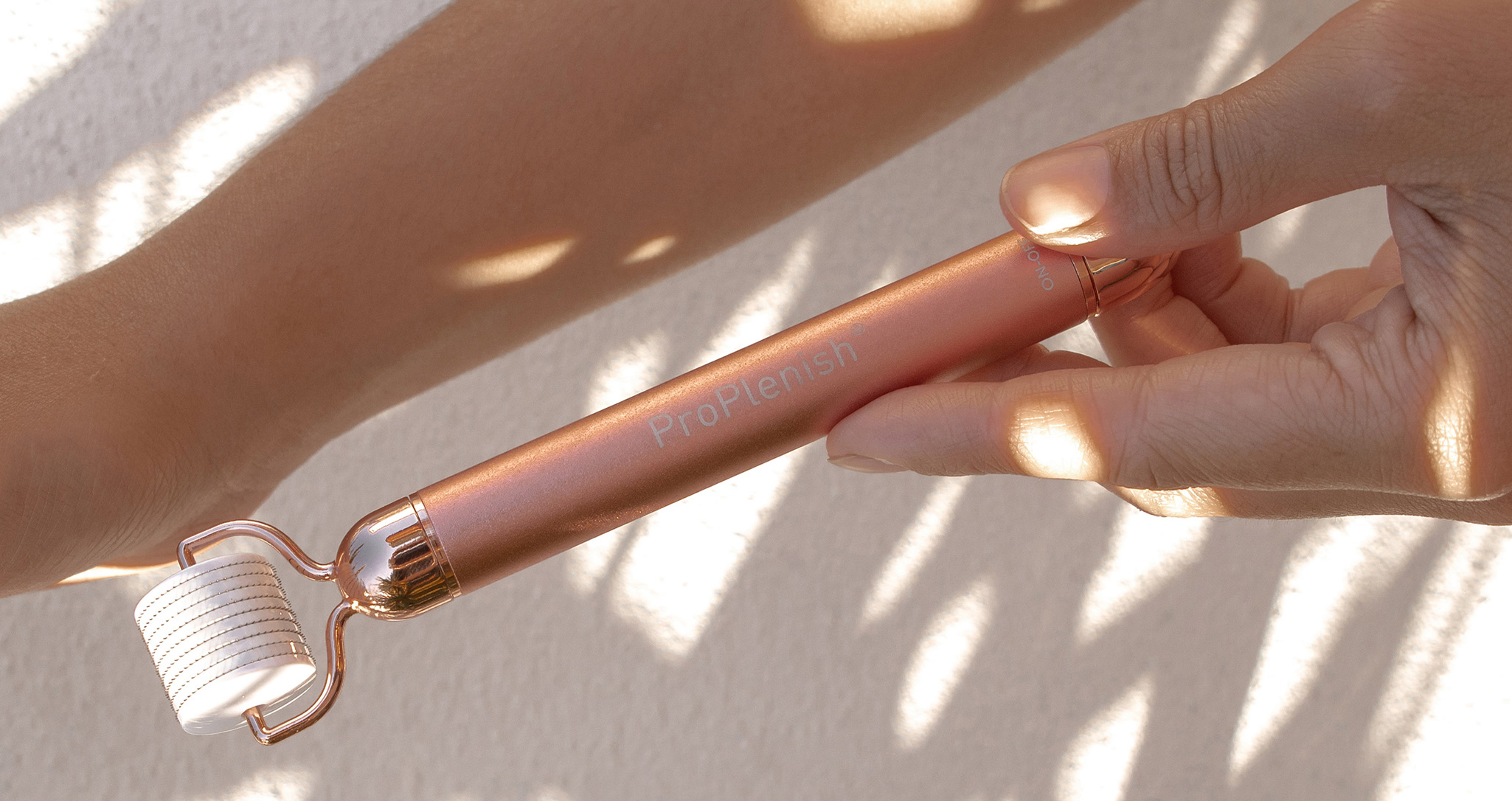close
Stretch marks, often appearing as streaks or lines on the skin, can evoke self-consciousness and concern for a significant number of individuals, affecting 50% to 90% of women. Nonetheless, recent research suggests that collagen, a protein abundant in our bodies, might hold the key to reducing the appearance of stretch marks naturally.
Before delving into the benefits of collagen for stretch marks, it’s crucial to understand what causes them. Stretch marks occur when the skin stretches beyond its normal capacity, leading to the breakdown of collagen and elastin fibers, which are responsible for skin’s elasticity and resilience. This disruption results in the formation of scars or stretch marks on the skin’s surface.
Collagen is the most abundant protein in the human body, and it plays a crucial role in maintaining the health and appearance of our skin. It provides structure, elasticity, and hydration to the skin, contributing to its overall firmness and suppleness. As we age, our natural collagen production decreases, making our skin more prone to issues like wrinkles, sagging, and, yes, stretch marks.
Scientific research has shed light on the potential benefits of collagen supplementation for improving the appearance of stretch marks. A study published in the “Journal of Medicinal Food” in 2015 found that participants who took collagen supplements for two months experienced a significant improvement in skin elasticity, moisture, and the depth of their wrinkles. These findings suggest that collagen supplementation can enhance the skin’s overall health and appearance.
Collagen helps in several ways to address stretch marks:
Restoring Elasticity: Collagen helps to repair and strengthen the damaged skin by promoting the production of new collagen and elastin fibers. This can improve the skin’s elasticity and resilience, reducing the visibility of stretch marks.
Hydration: Collagen has the ability to bind with water molecules, helping to keep the skin adequately hydrated. Well-hydrated skin is more supple and less prone to the development of stretch marks.
Reducing Inflammation: Collagen contains amino acids like glycine, which have anti-inflammatory properties. By reducing inflammation in the skin, collagen can help prevent the worsening of existing stretch marks.

Adding collagen to your daily routine is a simple yet effective way to support your skin’s health and address concerns like stretch marks.
By incorporating a marine collagen supplement such as ProPlenish into your daily routine, you can provide your body with the essential building blocks it needs to enhance skin elasticity, hydration, and overall appearance, addressing concerns like stretch marks naturally.
When it comes to harnessing the benefits of collagen supplements for reducing the appearance of stretch marks, understanding the ideal daily dosage is essential. While it’s crucial to remember that individual responses can vary, numerous studies have offered valuable insights.
Typically, the recommended collagen supplement dosage falls within the range of 2.5 to 10 grams per day. This range has shown promising results in enhancing various aspects of skin health. Among these benefits, you may notice improvements in skin elasticity, hydration, and density – all of which are indicative of increased collagen synthesis.
However, it’s important to keep in mind that the effectiveness of collagen supplementation can vary from person to person. Factors such as the severity of your stretch marks, your age, diet, and overall skin health can influence the outcomes. As a result, it’s advisable to start with a moderate daily dose within the suggested range and monitor your progress over time.

Another promising approach for addressing stretch marks is microneedling. This innovative technique involves the use of a specialised device that creates tiny, controlled pricks or micro-injuries in the skin’s surface. While it may sound intimidating, microneedling is minimally invasive and has shown remarkable potential in the realm of skin rejuvenation.
The magic happens beneath the surface – these micro-injuries trigger the skin’s natural healing processes, stimulating the production of collagen and elastin. This boost in collagen and elastin can help tighten loose skin, reduce the visibility of stretch marks, and improve overall skin texture. Microneedling offers a targeted and effective solution for those seeking to minimise the appearance of stretch marks.
In a recent study, it was revealed that microneedling holds promise in improving both early and late-stage stretch marks among women. This encouraging finding was further supported by research conducted in South Africa and Germany, where microneedling therapy demonstrated its effectiveness with just one to four treatments.
In fact, microneedling proved to be more efficient in addressing stretch marks compared to microdermabrasion with phonophoresis. These findings shed light on the potential of microneedling as a valuable technique for addressing the appearance of stretch marks.
In the world of skincare, hyaluronic acid has earned its reputation as a powerhouse ingredient for moisture retention and skin healing. Frequently found in creams, lotions, and serums, hyaluronic acid has the remarkable ability to attract and retain water molecules, providing intense hydration to the skin’s surface.
But the benefits of hyaluronic acid extend beyond mere hydration. Stretch marks not only affect the visible layers of the skin but also involve invisible changes that reduce skin elasticity.
Collagen, typically responsible for maintaining skin strength, might be compromised in stretch mark-prone areas. This is where hyaluronic acid steps in. A 2014 study suggests that hyaluronic acid could positively impact skin elasticity.
Furthermore, The American Academy of Dermatology notes two large studies, where applying hyaluronic acid to early stretch marks made them less noticeable indicating that hyaluronic acid may enhance the appearance of stretch marks.
To incorporate this potential skin-loving ally into your routine, consider applying a hyaluronic acid-infused product to the affected area daily. With consistent use, you may notice improvements in skin texture and elasticity, helping you regain your confidence and feel at ease in your own skin.

In conclusion, while stretch marks are a common concern, there is a growing body of evidence supporting the use of collagen as a natural remedy. Scientific studies indicate that collagen can play a pivotal role in repairing and enhancing the appearance of stretch marks by restoring skin elasticity, providing essential hydration, and mitigating inflammation.
As you embark on the journey toward smoother, more radiant skin, remember that patience, diligent care, and the potential benefits of collagen are all on your side.